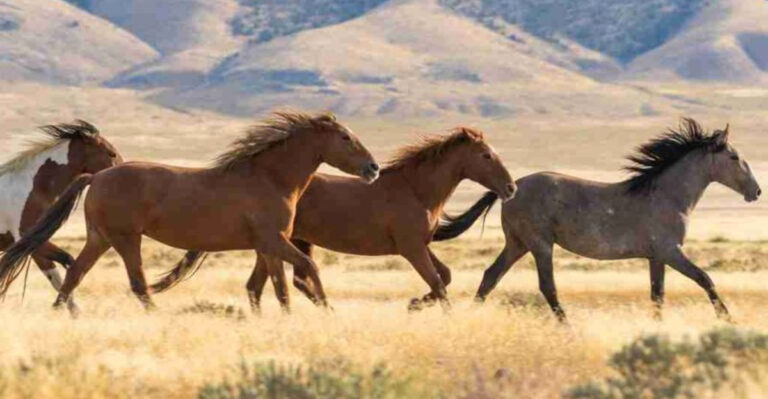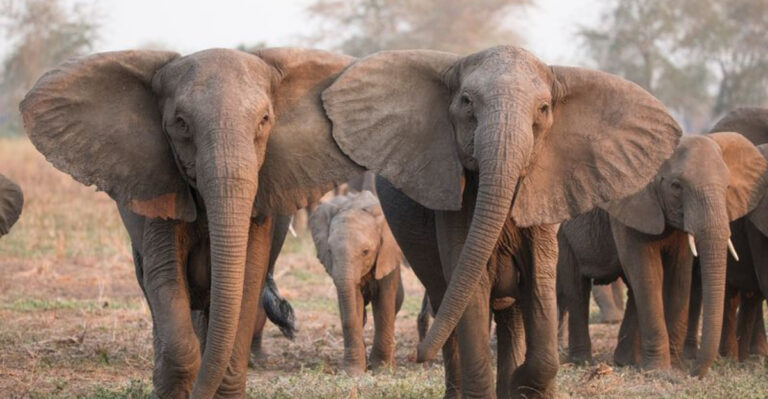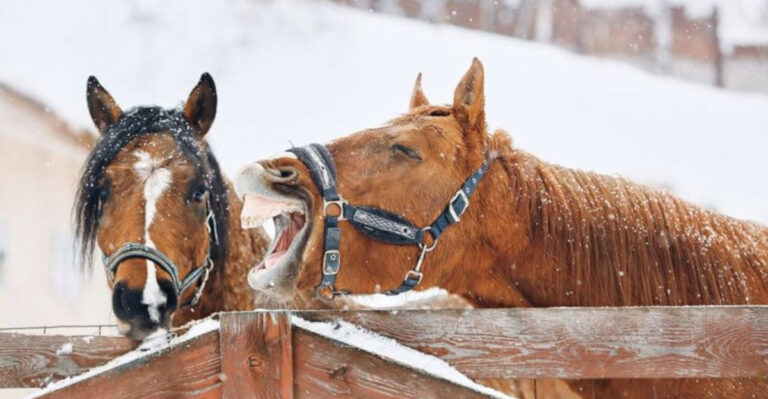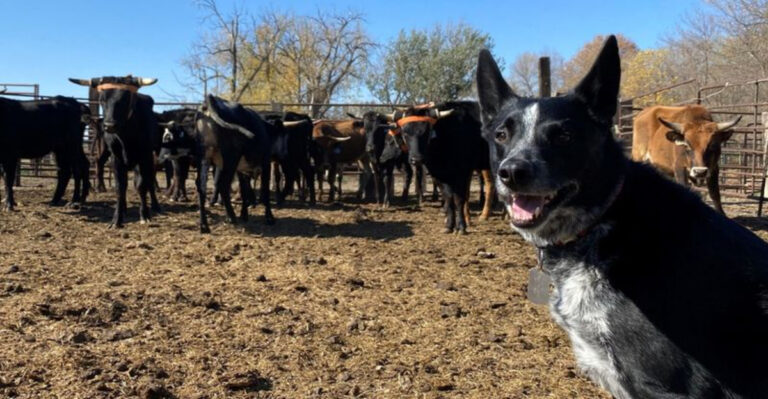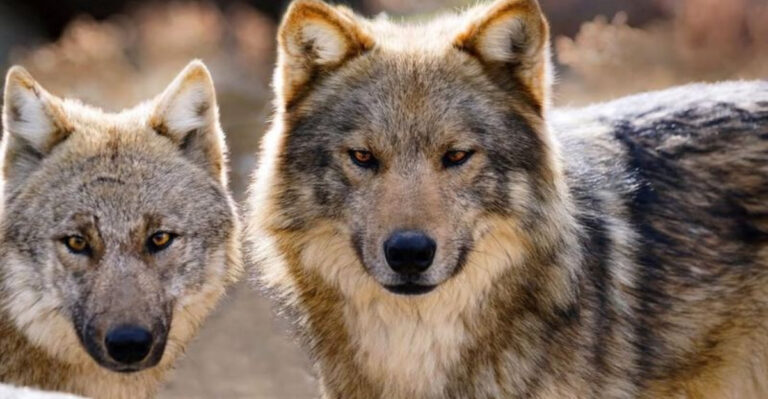15 Mosquito-Fighting Birds That Help Control Pests Naturally
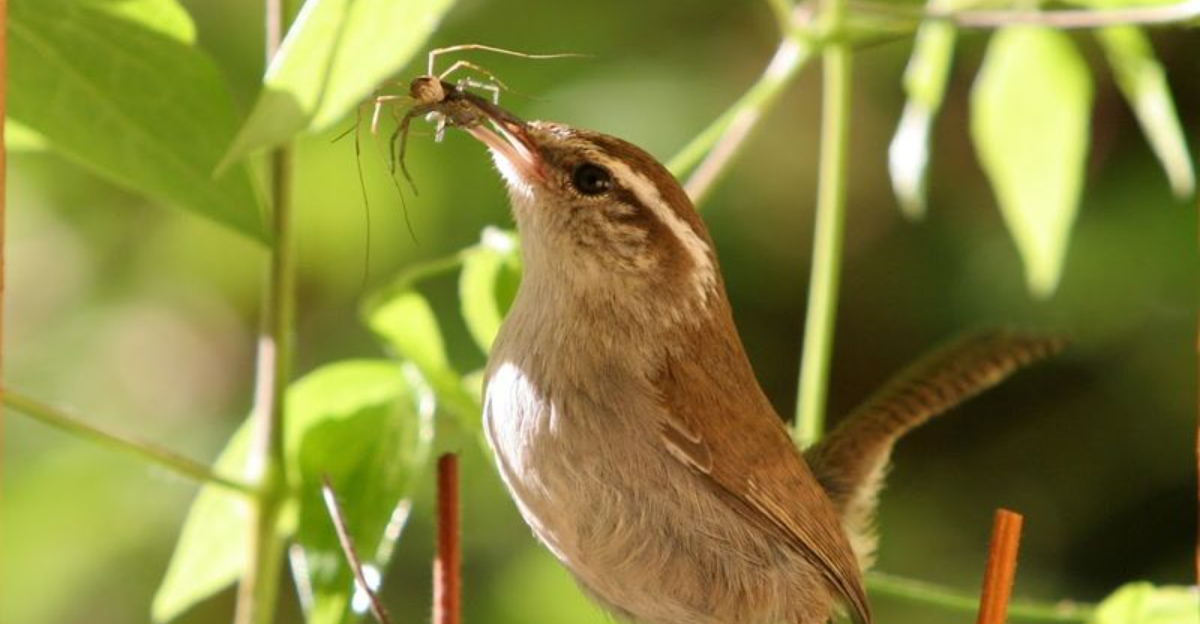
Mosquitoes aren’t just annoying – they spread diseases that affect millions of people worldwide each year. Before reaching for chemical sprays, consider nature’s own pest control system: birds!
Many feathered friends feast on mosquitoes as part of their daily diet, helping keep these buzzing biters in check while adding beauty and song to your yard.
1. Purple Martins: Aerial Mosquito Hunters
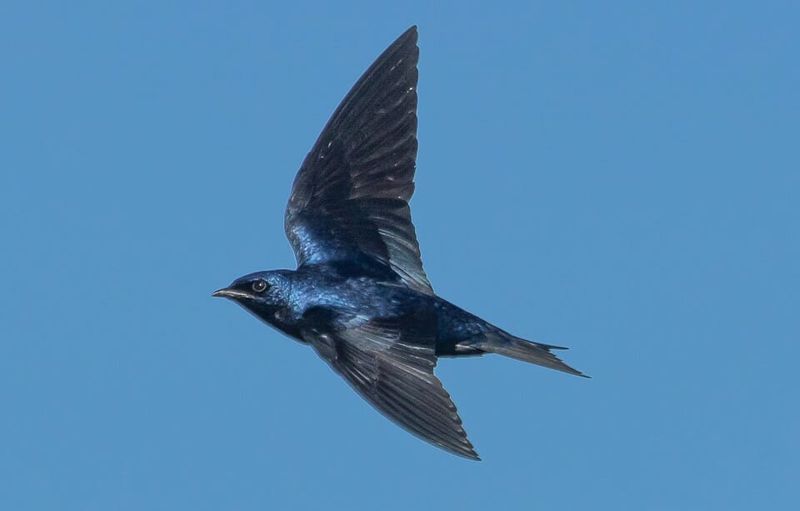
Ever watched a group of dark, graceful birds swooping through the evening sky? Purple martins can gobble up thousands of mosquitoes daily while performing these aerial ballets.
These social birds prefer community living in apartment-style houses. A single colony can dramatically reduce the mosquito population in your neighborhood, making summer evenings more enjoyable for everyone.
2. Barn Swallows: The Acrobatic Insect-Eaters
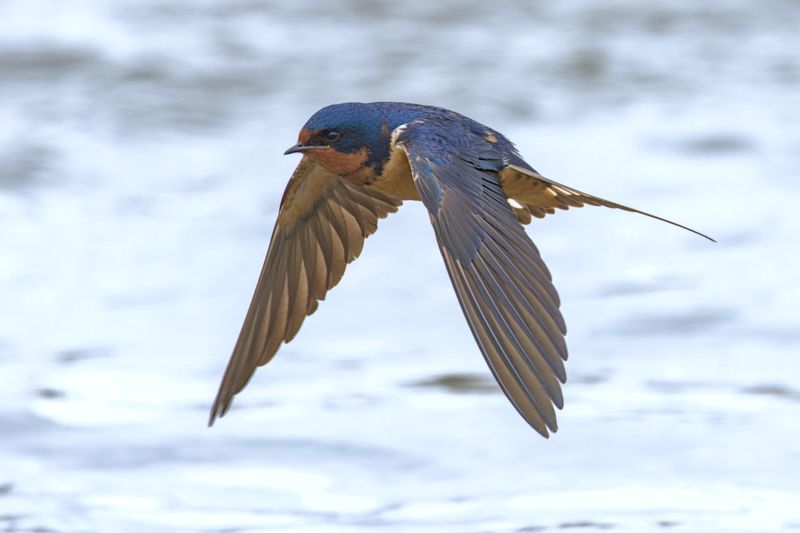
Zipping through the air with incredible precision, barn swallows perform stunning aerial maneuvers to catch mosquitoes mid-flight. Their distinctive forked tails act like rudders, allowing sharp turns at high speeds.
A family of barn swallows can consume over 60 insects per hour. These beautiful birds with rusty-orange throats and metallic blue backs aren’t just pretty – they’re mosquito-eating machines!
3. Eastern Bluebirds: Colorful Backyard Protectors
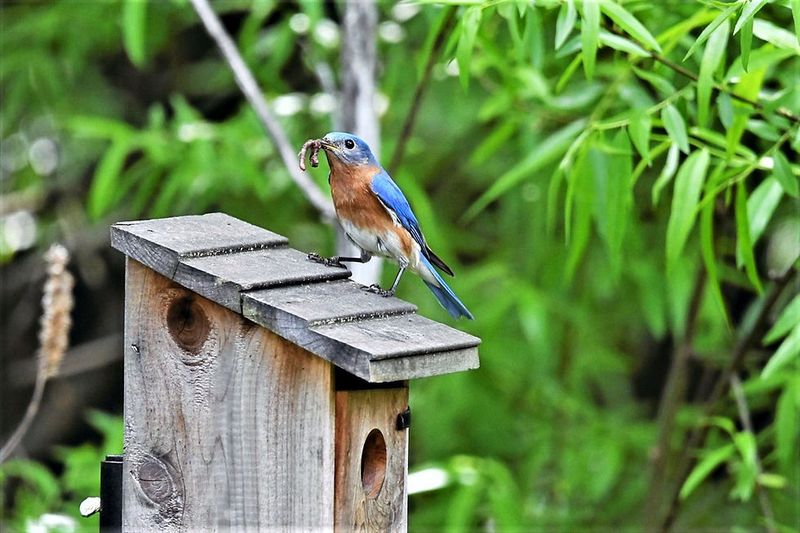
Behind those brilliant blue feathers lies a voracious appetite for mosquitoes and other garden pests. Eastern bluebirds perch on low branches, scanning for movement before swooping down to snatch insects.
Families delight in watching these azure beauties dart about the yard. Installing a bluebird house near water features can attract these helpful hunters, reducing mosquito populations while adding a splash of color to your landscape.
4. Tree Swallows: Swift Mosquito Vacuums
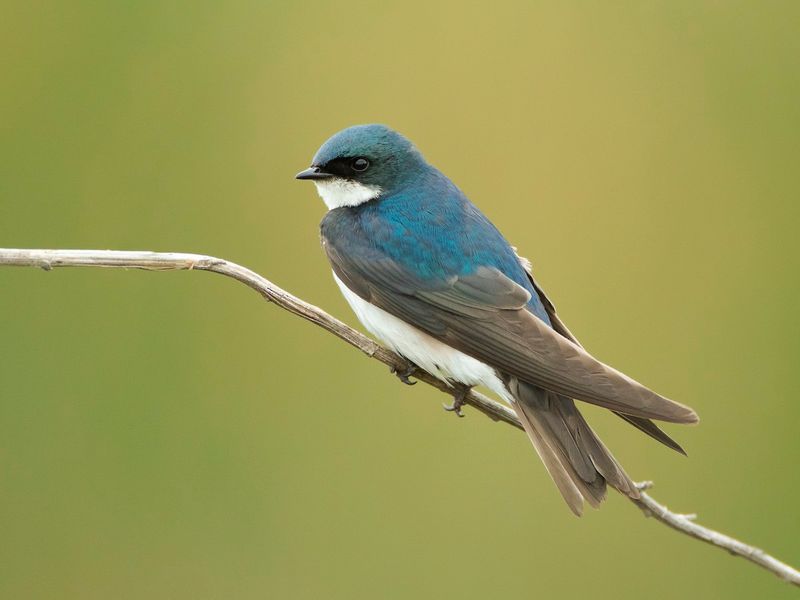
Flashing iridescent blue-green backs against pure white bellies, tree swallows create quite the spectacle as they vacuum mosquitoes from the air. A single bird can consume hundreds of mosquitoes daily.
Unlike some other insect-eaters, these hardy birds arrive early in spring when mosquitoes first emerge. Their preference for nesting near water puts them right where mosquito populations boom, making them perfect natural pest controllers.
5. Chickadees: Tiny But Mighty Pest Patrol
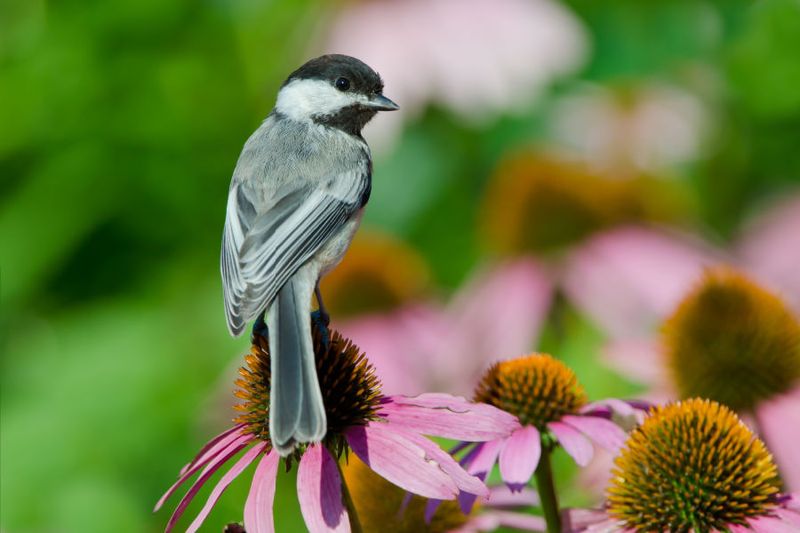
Don’t let their small size fool you! These energetic little birds with their distinctive black caps consume their body weight in insects daily, including mosquitoes and their larvae.
Chickadees flit through foliage, checking leaves and bark for hiding insects. Their cheerful “chick-a-dee-dee-dee” calls announce their presence as they work tirelessly to keep your yard mosquito-free throughout the day.
6. Wrens: Vocal Insect Exterminators
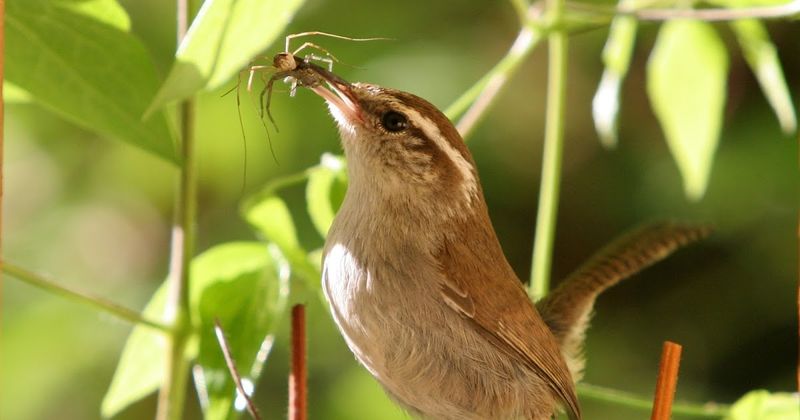
For such tiny packages, wrens pack serious mosquito-fighting power! These chocolate-brown birds with upturned tails sing complex melodies while hunting insects in dense vegetation.
Wrens possess endless energy, constantly searching for food from dawn till dusk. Their narrow beaks allow them to probe into crevices where mosquitoes hide. One wren family can consume hundreds of mosquitoes and other insects daily, making them valuable garden allies.
7. Baltimore Orioles: Flashy Mosquito Fighters
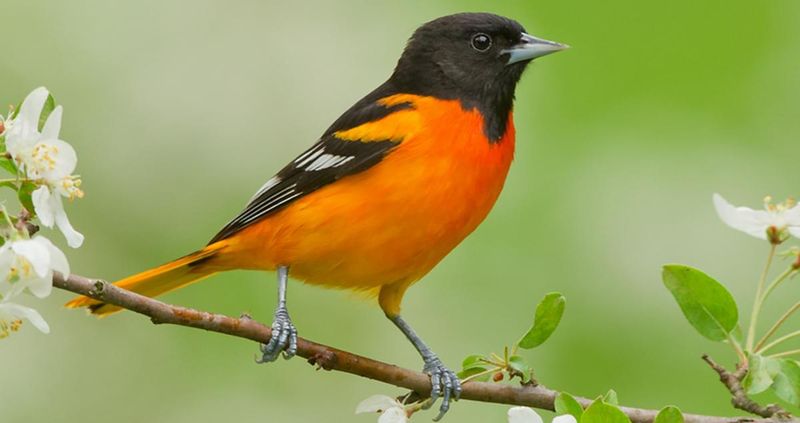
Sporting brilliant orange and black plumage, Baltimore orioles bring both beauty and pest control to your yard. These striking birds devour mosquitoes, caterpillars, and other insects that damage gardens.
Known for their distinctive hanging nests and flute-like songs, orioles prefer treetop dining. Attract these natural mosquito controllers by offering orange halves or grape jelly feeders near water features where mosquitoes breed.
8. Wood Ducks: Wetland Mosquito Managers
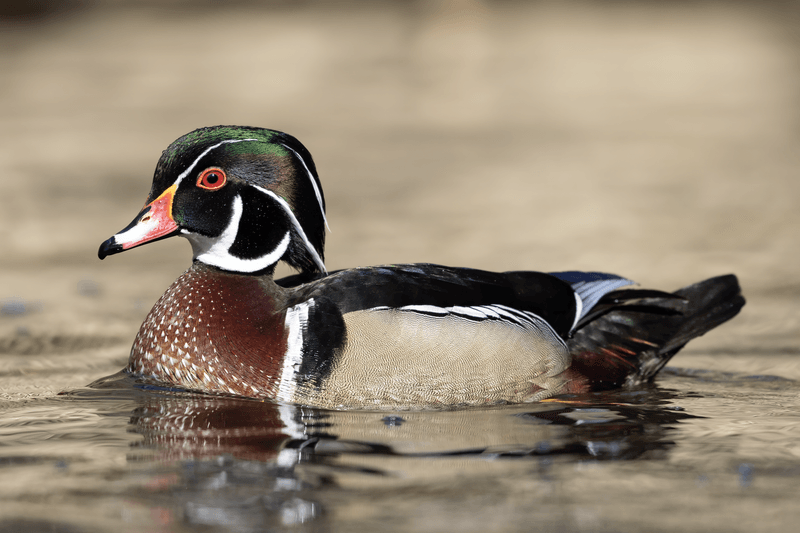
Sporting rainbow-colored plumage and distinctive crests, wood ducks might be the most beautiful mosquito fighters around! These waterfowl feast on mosquito larvae while swimming in ponds and wetlands.
Wood ducks nest in tree cavities near water, perfectly positioned to control mosquitoes at their source. By consuming larvae before they become biting adults, these colorful ducks prevent thousands of mosquitoes from ever taking flight.
9. Phoebes: Patient Mosquito Ambushers
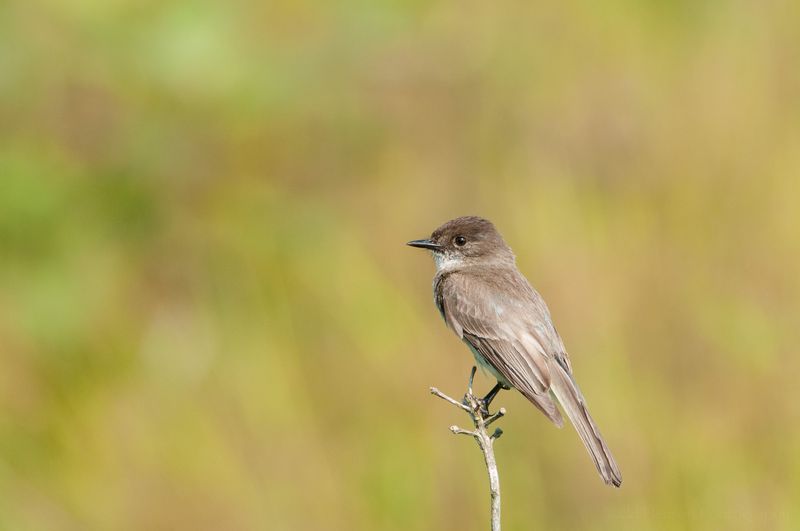
Watching a phoebe hunt is like seeing a feathered ninja in action! These grayish-brown flycatchers sit motionless on low perches, suddenly darting out to snatch passing mosquitoes before returning to the same spot.
Famous for their tail-wagging habit and namesake “fee-bee” call, phoebes often build nests on human structures. These beneficial birds return to the same territories year after year, providing consistent mosquito control each summer.
10. Red-Winged Blackbirds: Marsh Mosquito Patrol
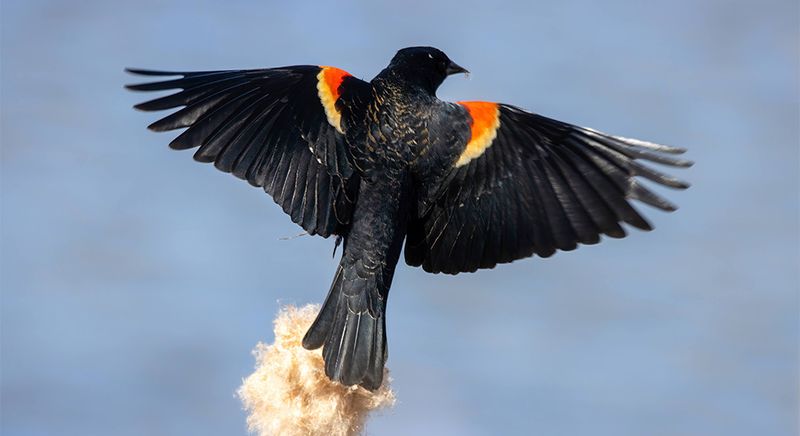
Famous for their distinctive red shoulder patches and conk-la-ree calls, male red-winged blackbirds fiercely defend marshy territories that happen to be mosquito breeding grounds. Their timing couldn’t be better for us!
These birds consume massive quantities of insects, including mosquitoes and their larvae. Nesting in wetlands puts them exactly where mosquito control is most needed, making them valuable allies in the fight against these disease-carrying pests.
11. Nighthawks: Dusk Mosquito Specialists
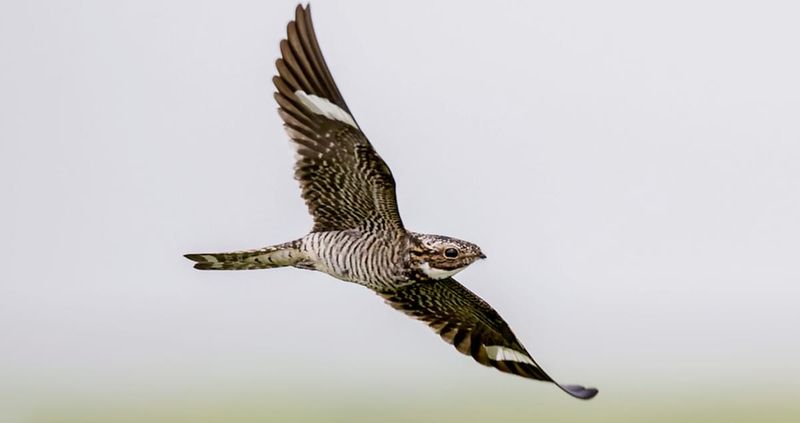
As evening shadows lengthen, nighthawks take to the skies with their distinctive nasal “peent” calls. These camouflaged birds with white wing patches swoop through clouds of mosquitoes with mouths agape, functioning like aerial nets.
Nighthawks time their feeding perfectly with peak mosquito activity at dusk. Their wide mouths can scoop up dozens of insects in a single pass, making them especially effective natural mosquito controllers when these pests are most active.
12. Flycatchers: Aerial Mosquito Interceptors
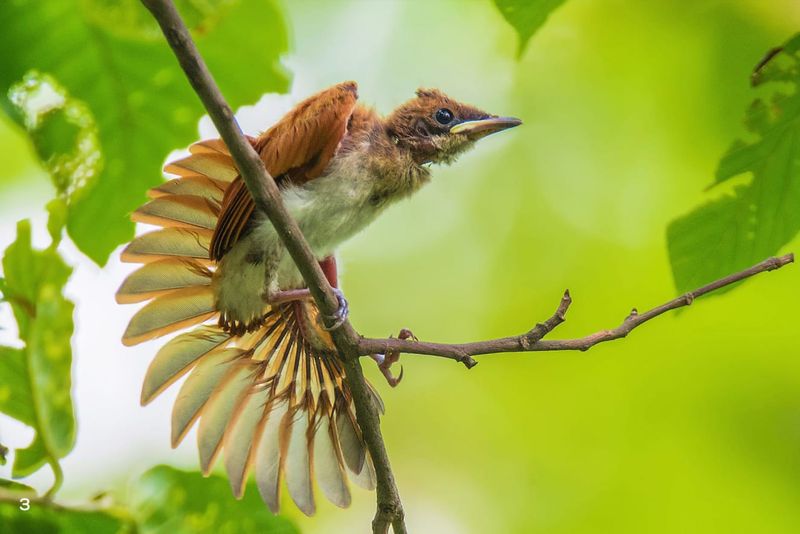
Perched on exposed branches, flycatchers survey their territory with remarkable vision that can spot tiny mosquitoes from surprising distances. When prey is detected, they launch into acrobatic flights, snatching insects mid-air with audible bill snaps.
Various flycatcher species, from the Great Crested to the tiny Least Flycatcher, consume thousands of flying insects daily. Their specialized hunting techniques make them particularly effective at targeting mosquitoes during daylight hours.
13. Chimney Swifts: Urban Mosquito Controllers
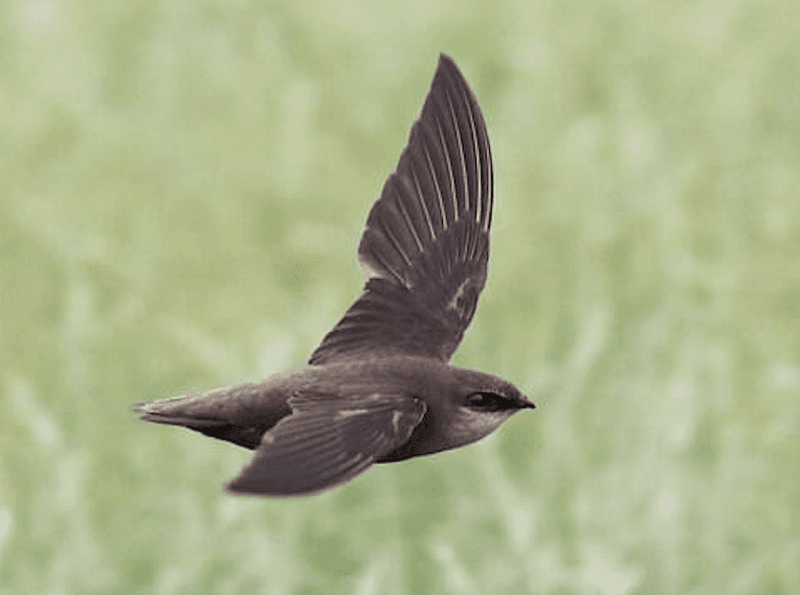
Resembling “flying cigars,” chimney swifts spend almost their entire lives airborne, even sleeping while flying! These remarkable birds consume thousands of mosquitoes daily while performing aerial acrobatics above cities and towns.
Before modern chimneys, swifts nested in hollow trees. Now they’ve adapted to urban environments, roosting in chimneys and air shafts. Their presence in cities provides natural mosquito control where human population density makes these pests particularly problematic.
14. Robins: Common Backyard Mosquito Hunters
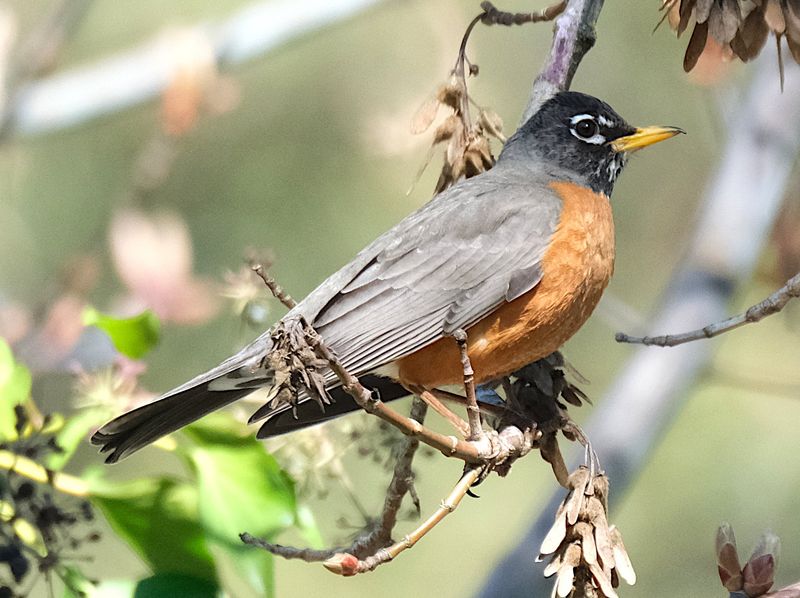
Beyond the familiar sight of robins pulling worms from lawns, these red-breasted birds also consume large quantities of adult mosquitoes and other flying insects. Their varied diet makes them excellent general pest controllers.
Robins feed their nestlings primarily protein-rich insects, including mosquitoes. A single robin family can consume hundreds of mosquitoes daily during breeding season, providing a natural pest control service while raising their young in your yard.
15. Warblers: Tiny Mosquito Vacuum Cleaners
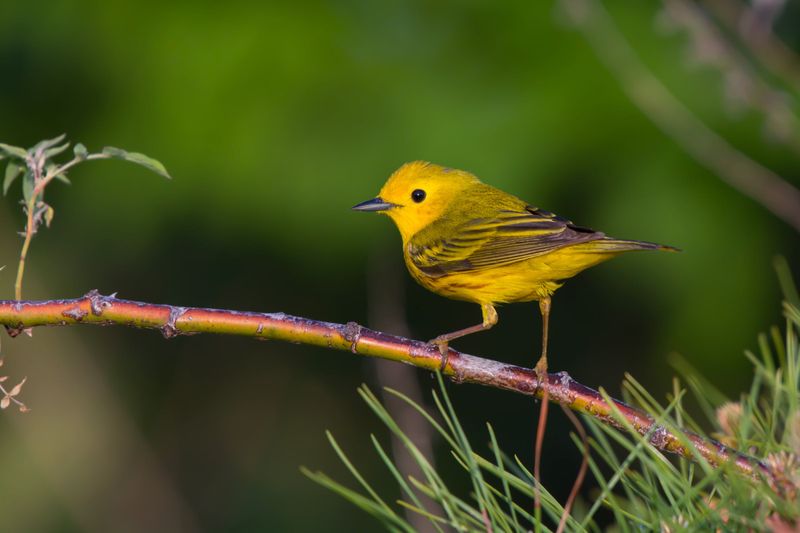
Flitting through foliage like living jewels, warblers might be small but their appetite for mosquitoes is enormous! These colorful birds consume insects constantly to fuel their high-energy lifestyle.
During migration, warblers need even more calories, increasing their insect consumption dramatically. Yellow warblers, common yellowthroats, and other warbler species passing through your yard can temporarily reduce mosquito populations while refueling for their journey.

